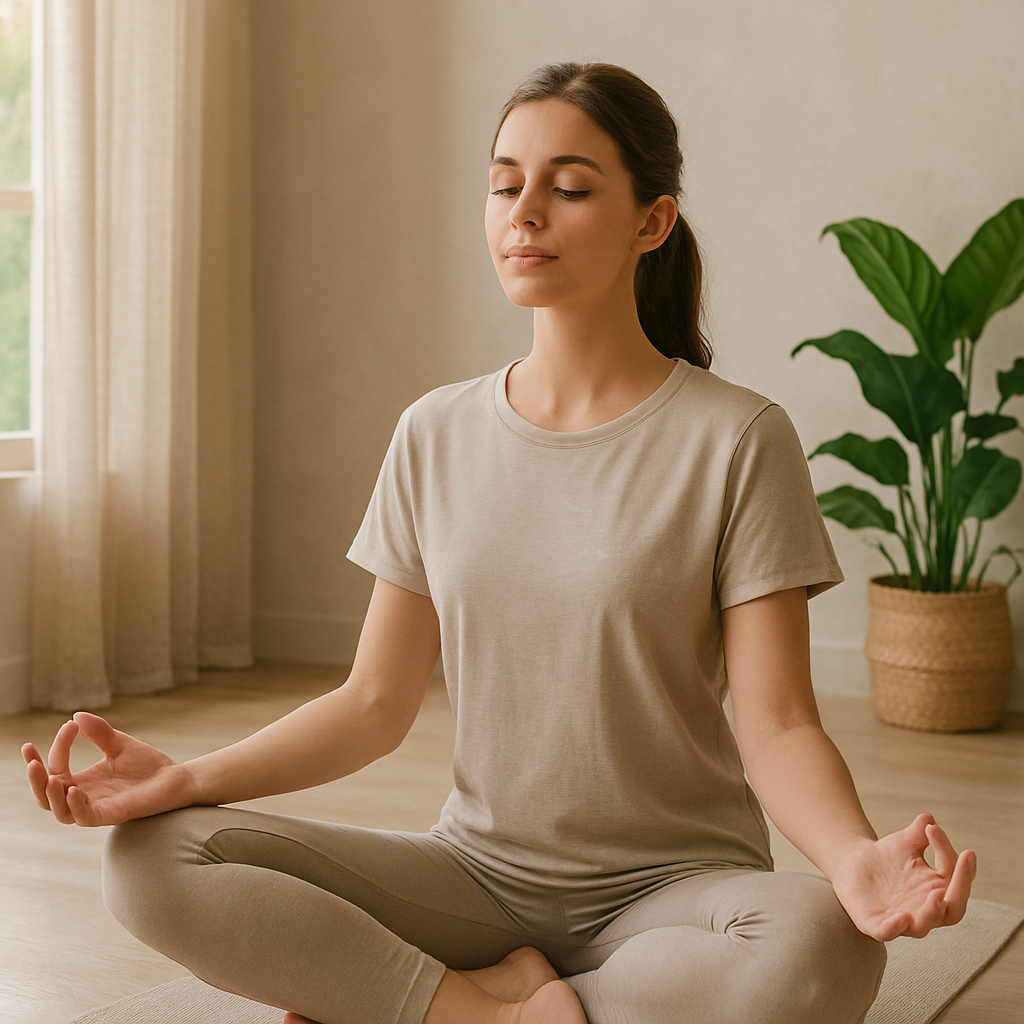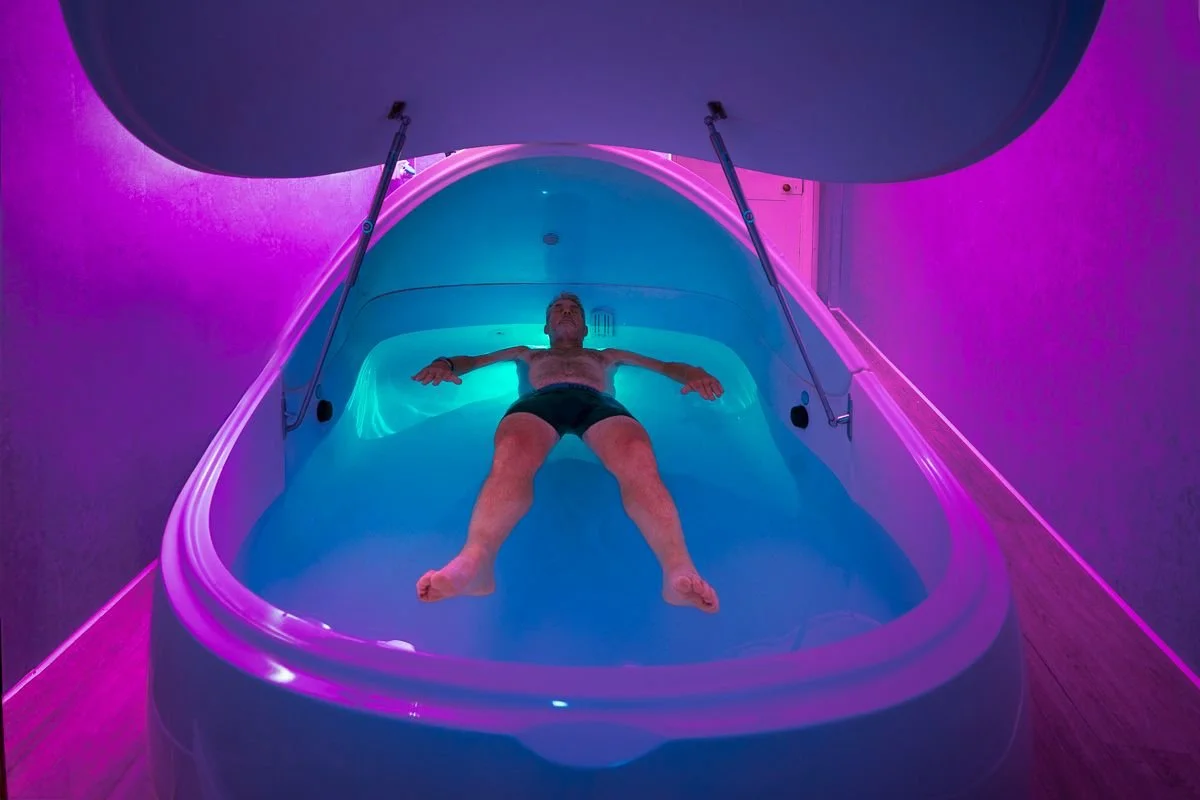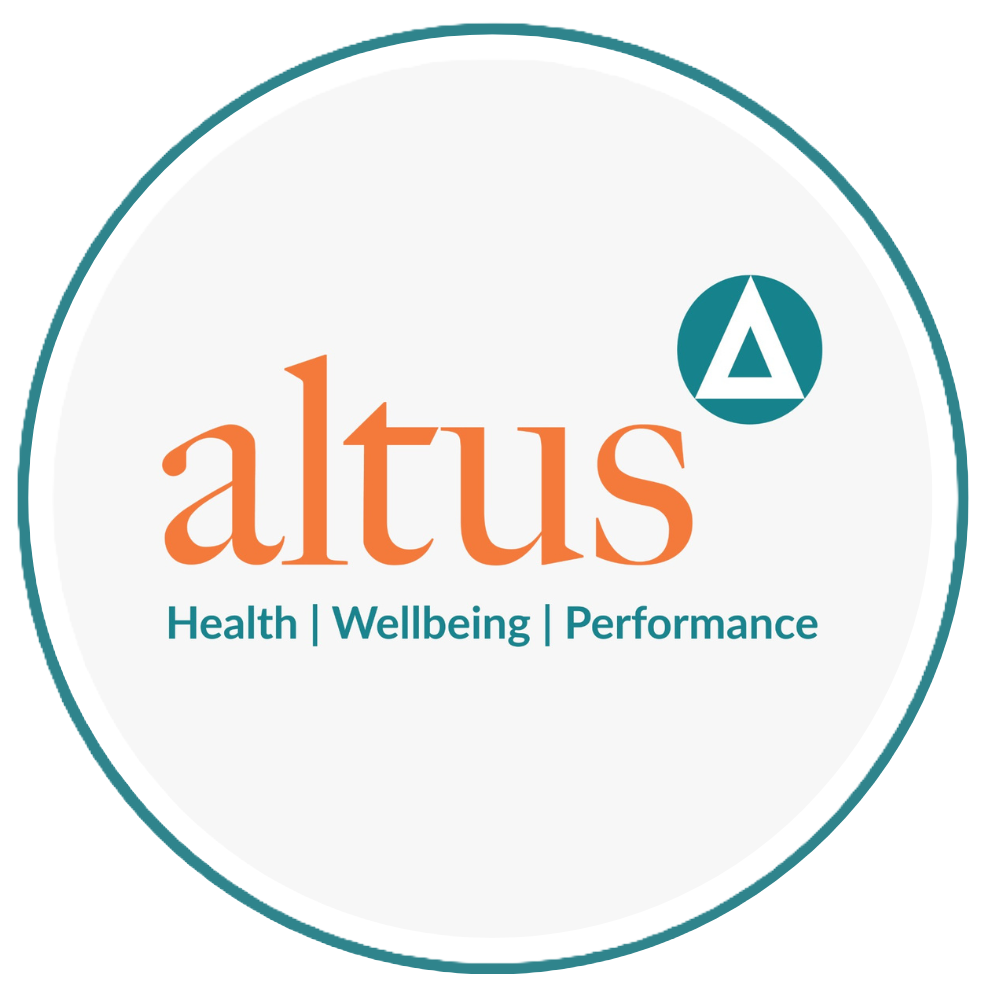
Recovery & Stress Management
Recovery and stress management are vital for sustainable performance and wellbeing. Prioritising rest, quality sleep, and active recovery techniques like breathwork, mobility, and cold exposure helps the body adapt and grow. Managing stress through mindfulness and movement builds resilience, supports mental clarity, and restores balance for long-term health.
Restore, Recharge, Renew , Your Path to Calm and Strength
-

Performance Resilence
Performance resilience builds mental and physical strength to adapt under pressure. By improving recovery, focus, and emotional control, it helps manage stress more effectively. This leads to greater calm, clarity, and sustained energy, enabling you to perform consistently even in challenging or high-pressure situations.
-

Floatation Therapy (30, 60 & 120 mins)
Floatation therapy promotes deep relaxation by reducing sensory input, allowing the mind and body to reset. This state lowers cortisol levels, eases muscle tension, and calms the nervous system, helping to reduce stress, improve mood, and enhance mental clarity for better overall emotional balance and resilience.
-

Contrast Therapy
Contrast therapy—alternating between hot and cold exposure—boosts circulation, reduces muscle tension, and stimulates the nervous system. This promotes relaxation, lowers cortisol levels, and improves mood. Regular use supports resilience to stress, helping the body and mind recover faster and maintain calm in daily life.
-

Red Light Yoga Nidra
Red light therapy and Yoga Nidra work synergistically to reduce stress by calming the nervous system. Red light promotes cellular repair and boosts mood, while Yoga Nidra induces deep relaxation and mental clarity. Together, they restore balance, reduce anxiety, and enhance overall emotional resilience for effective stress management.
-

Yin Yoga
Yin yoga therapy gently targets deep connective tissues, encouraging relaxation and releasing tension. Its slow, mindful stretches activate the parasympathetic nervous system, reducing stress hormones and calming the mind. Regular practice enhances emotional balance, promotes restful sleep, and supports overall well-being, making it a powerful tool for managing stress naturally.


